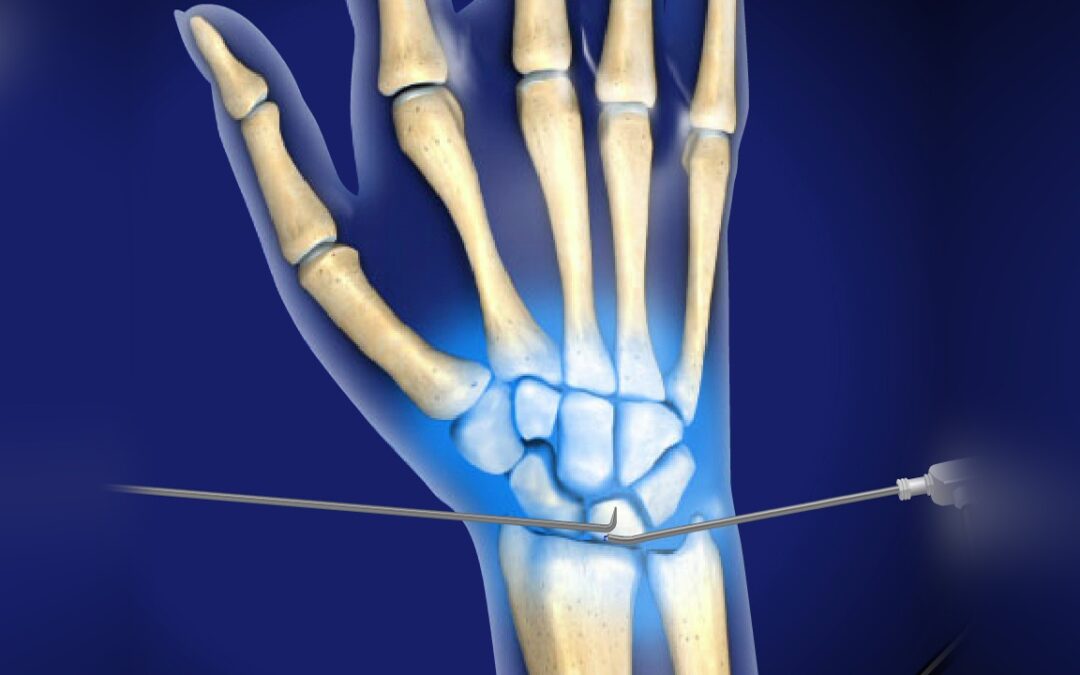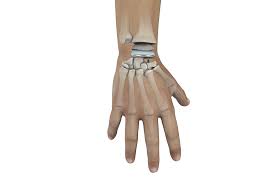Rheumatoid Arthritis
Rheumatoid arthritis is a chronic autoimmune disease that causes inflammation in the joints. This inflammation can damage the cartilage and bone in the joints, leading to pain, stiffness, and loss of function. In the hands, rheumatoid arthritis can affect the fingers, wrists, and thumbs.
Hand surgery for rheumatoid arthritis can be used to relieve pain, improve function, and prevent further damage to the joints. There are a variety of different hand surgeries that can be used for rheumatoid arthritis, including:
- Joint fusion: This procedure joins two bones together, which can help to relieve pain and improve stability.
- Joint replacement: This procedure replaces a damaged joint with an artificial joint.
- Tendon repair: This procedure repairs a torn tendon, which can help to improve range of motion and strength.
- Tenolysis: This procedure releases a tight tendon, which can help to improve range of motion.
- Capsulectomy: This procedure removes the capsule around a joint, which can help to improve range of motion.
- Synovectomy: This procedure removes the synovium, which is the tissue that lines the joints. This can help to reduce inflammation and pain.
Who is a good candidate for hand surgery for rheumatoid arthritis?
Hand surgery for rheumatoid arthritis is a good option for people who have tried non-surgical treatments without success. Non-surgical treatments for rheumatoid arthritis in the hands include:
- Medications: There are a variety of medications that can be used to treat rheumatoid arthritis, including nonsteroidal anti-inflammatory drugs (NSAIDs), corticosteroids, and disease-modifying antirheumatic drugs (DMARDs).
- Physical therapy: Physical therapy can help to improve range of motion and strength in the hands.
- Splints and braces: Splints and braces can be used to immobilize the joints and reduce pain.
If you have tried these treatments and your rheumatoid arthritis is still causing problems, you may be a good candidate for hand surgery.
What are the risks of hand surgery for rheumatoid arthritis?
The risks of hand surgery for rheumatoid arthritis are similar to the risks of any surgery, including:
- Infection
- Bleeding
- Nerve damage
- Scarring
- Reaction to anesthesia
- Failure of the surgery
What happens during hand surgery for rheumatoid arthritis?
The specific procedure that is performed will depend on the individual patient’s needs. However, all hand surgeries for rheumatoid arthritis are typically performed under local, regional or general anaesthesia. An incision is made in the hand and then the necessary procedure performed. After the surgery, the incision will be closed with stitches and a cast, splint or bulk dressing applied to the hand.
How long does hand surgery for rheumatoid arthritis take?
The length of time that hand surgery for rheumatoid arthritis takes will depend on the specific procedure that is performed. However, most hand surgeries for rheumatoid arthritis take between 1 and 2 hours.
What is the recovery time for hand surgery for rheumatoid arthritis?
The recovery time for hand surgery for rheumatoid arthritis will depend on the specific procedure that is performed. However, most patients will need to wear a splint or brace for 4-6 weeks after surgery. They will also need to avoid strenuous activity for 4-6 weeks.
What are the results of hand surgery for rheumatoid arthritis?
The results of hand surgery for rheumatoid arthritis vary from patient to patient. However, most patients experience significant improvement in pain, function, and range of motion after surgery.
If you are considering hand surgery for rheumatoid arthritis, be sure to talk to your doctor about the risks and benefits of the procedure.
Here are some additional tips for patients considering hand surgery for rheumatoid arthritis:
- Be realistic about your expectations. Hand surgery for rheumatoid arthritis cannot completely change the appearance of your hands nor can it restore complete function or take away all of the pain you may have.
- Choose a board-certified hand surgeon with experience in hand surgery for rheumatoid arthritis.
- Ask your surgeon about their aftercare plan.
- Be prepared for a lengthy recovery period.
- Be patient with your results. It can take up to a year for your hands to fully heal.
Here are some frequently asked questions about hand surgery for rheumatoid arthritis:
- Can I have surgery for rheumatoid arthritis while having a flare-up of my arthritis? It is best to wait until the flare-up settles prior to any surgical intervention for rheumatoid arthritis.
- I am on a number of medications for rheumatoid arthritis, do I need to stop them prior to surgery? Depending on what medications you’re on for your rheumatoid arthritis, you may need to stop certain medications that may increase the risk of infection following surgery. This decision is usually taken in conjunction with your Rheumatologist.













